Food is far more than just a means of sustenance. dewaslot69 is an essential part of human culture,
history, and daily life, connecting people across generations and borders. From the simple
pleasures of a home-cooked meal to the culinary masterpieces in fine dining restaurants,
food represents the rich diversity of our planet. Whether it’s a shared family recipe passed
down through generations or an exotic dish from a faraway land, food is a universal
language that brings people together.
The Evolution of Food
The history of food dates back to the very beginning of human existence. Early humans were
hunter-gatherers, relying on the natural environment for their sustenance. Over time, the
domestication of plants and animals led to agriculture, allowing societies to settle in one
place and develop more complex culinary traditions. As civilization progressed, food became
not just a necessity but a way to showcase culture, trade, and artistic expression.
For centuries, people across the world have used food as a form of socializing, celebration,
and even status. The opulent banquets of the European aristocracy in the medieval period or
the lavish feasts of ancient Rome exemplify how food could signify power and wealth. But
food also has a humble side, one that speaks to survival and community. From the stews
and breads baked by our ancestors to the communal meals shared by families and friends
today, food remains a deeply personal and communal experience.
The Role of Food in Nutrition
Nutrition is perhaps the most fundamental aspect of food. Our bodies rely on food to provide
the energy, vitamins, and minerals needed for growth, repair, and overall health. A balanced
diet is crucial for maintaining a healthy lifestyle and preventing chronic diseases. In recent
decades, scientific research has provided a wealth of information about how specific foods
can impact our bodies. Nutritional labels, which once seemed like an afterthought, have now
become an essential tool for consumers to make informed choices about what they eat.
Macronutrients such as carbohydrates, proteins, and fats are essential for providing energy,
while micronutrients like vitamins and minerals play crucial roles in maintaining bodily
functions. For instance, vitamin C found in citrus fruits helps boost immunity, calcium in dairy
products strengthens bones, and antioxidants from berries help protect against oxidative
stress. A deficiency in any of these essential nutrients can lead to a variety of health
problems, which is why a balanced and diverse diet is so important.
The rise of processed foods in the modern age has sparked debates about the impact of
unhealthy eating habits on public health. Diets high in sugar, unhealthy fats, and sodium can
contribute to obesity, heart disease, and other lifestyle-related illnesses. As a result, many
people are turning to more natural, whole foods, such as vegetables, fruits, and lean
proteins, as part of a growing movement toward healthier eating.
Food and Culture
Food is deeply intertwined with culture. Every society has developed its own unique food
traditions, influenced by geography, climate, religion, and history. In many ways, food is a
reflection of the environment in which it is grown or raised. For example, Mediterranean
cuisine, with its abundance of olive oil, fresh vegetables, and seafood, is heavily shaped by
the warm climate and coastal regions of southern Europe. On the other hand, the hearty
stews and root vegetables of northern European countries speak to the colder climate and
agrarian lifestyle.
Food also plays a significant role in religious practices. In Christianity, fasting during Lent
and feasting during Easter are important aspects of the faith. In Islam, halal dietary laws
dictate what is permissible to eat, while in Judaism, kosher laws govern food preparation and
consumption. These religious practices show how food can be a form of spiritual expression
and connection to the divine.
In addition to religious and regional influences, food is often a central part of family traditions
and celebrations. Think of the Thanksgiving turkey in the United States, the Christmas feast
in Europe, or the New Year’s dumplings in China. These special meals are not just about the
food itself but also about the gathering of loved ones, the passing down of recipes, and the
creation of memories. Sharing food at the dinner table creates a sense of belonging and
strengthens social bonds.
Globalization and the Fusion of Cuisines
As the world becomes more connected, food has become an important bridge between
cultures. The globalization of the food industry has allowed people to access ingredients and
dishes from all corners of the world. You can now find sushi in New York, tacos in Paris, or
curry in Toronto. This fusion of cuisines has led to the emergence of exciting new flavors and
innovative culinary trends.
Food trucks, pop-up restaurants, and cooking shows have further contributed to the spread
of different culinary traditions. Chefs are now able to experiment with international flavors,
creating unique dishes that blend ingredients and techniques from multiple cultures. This
cross-cultural exchange has not only made the world of food more diverse but has also
allowed people to discover new tastes and broaden their palates.
However, this growing interconnectedness also raises concerns about the loss of traditional
food practices. As fast food chains expand globally, local food cultures can sometimes be
overshadowed by mass-produced, standardized options. There is an ongoing effort to
preserve and promote indigenous and traditional food practices, such as through initiatives
like the Slow Food movement, which advocates for the consumption of locally produced,
sustainable food.
Conclusion
Food is more than just a source of energy—it is a vibrant reflection of human history, culture,
and community. It nourishes the body and soul, bringing people together across time and
space. Whether through the health benefits of a balanced diet, the cultural significance of
culinary traditions, or the exploration of global flavors, food remains one of the most powerful
and universal elements of our shared humanity. In a world that is becoming increasingly
interconnected, food will continue to be an essential part of how we relate to one another
and the world around us. By embracing the diversity of food and celebrating its role in our
lives, we can ensure that this connection continues to thrive for generations to come.
The Diversity and Importance of Food: A Journey Through Flavor, Culture, and Nutrition
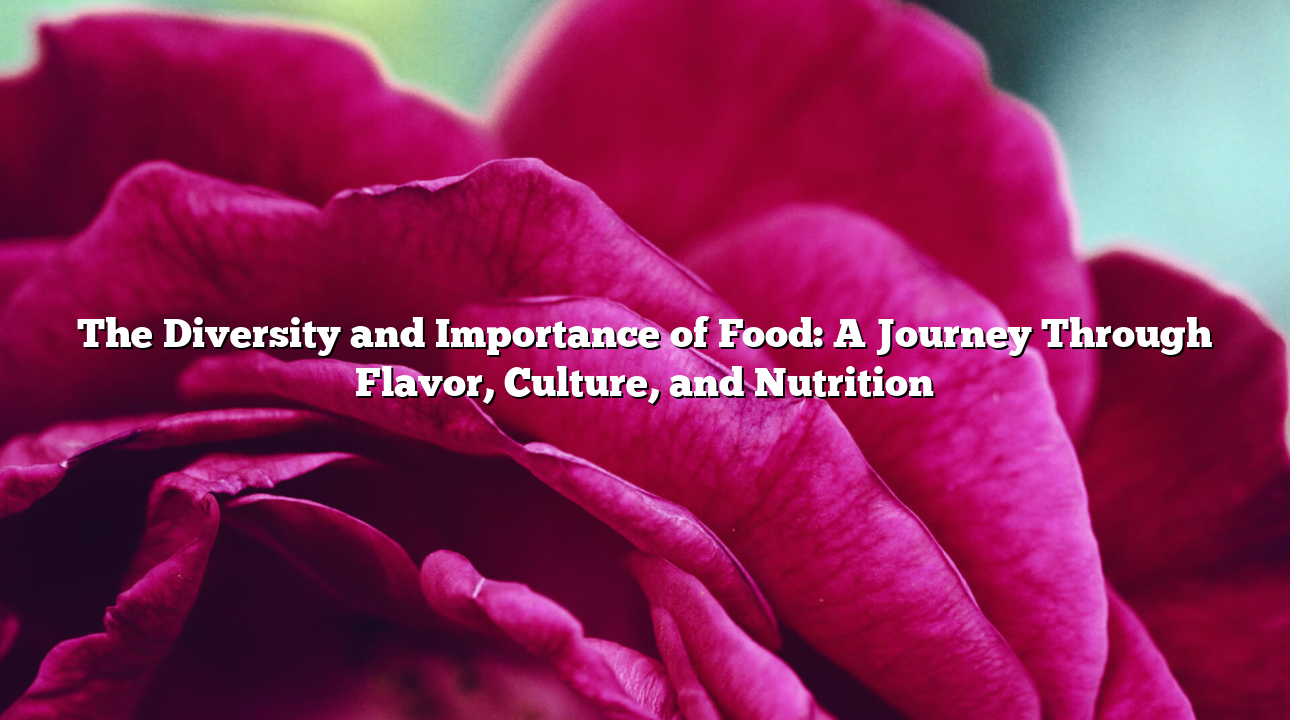


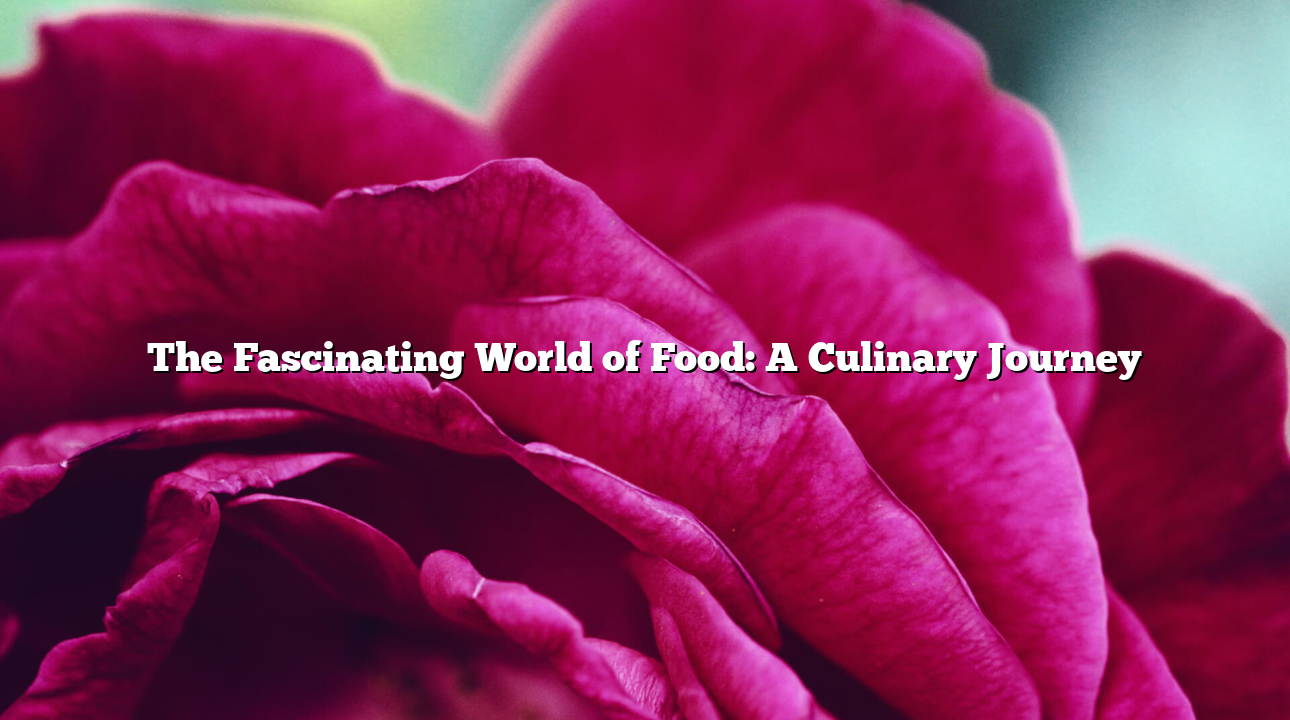
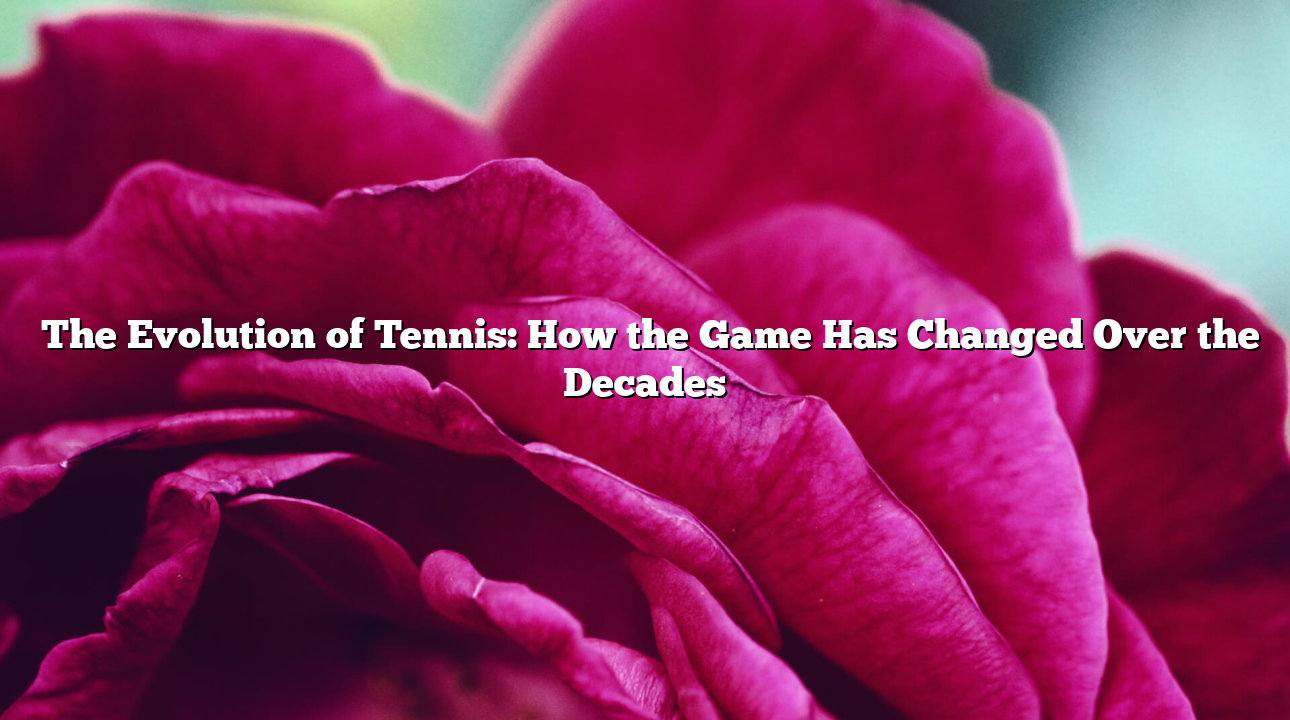
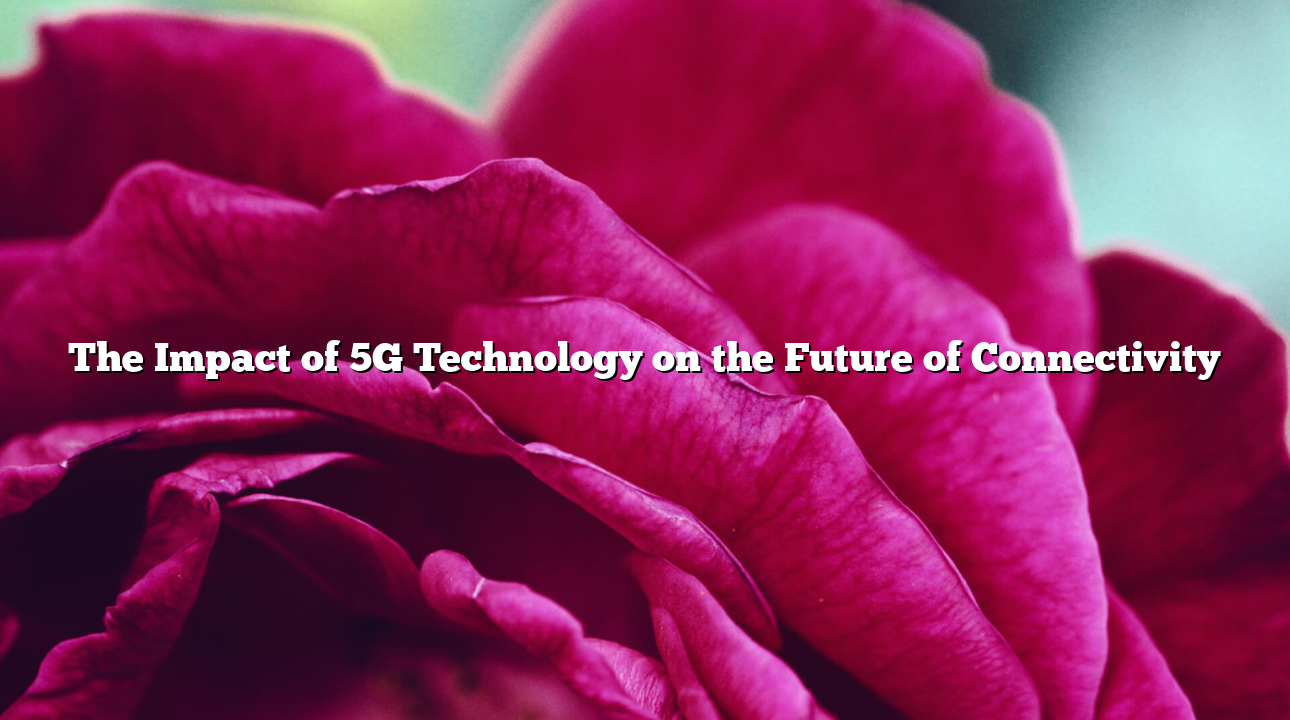
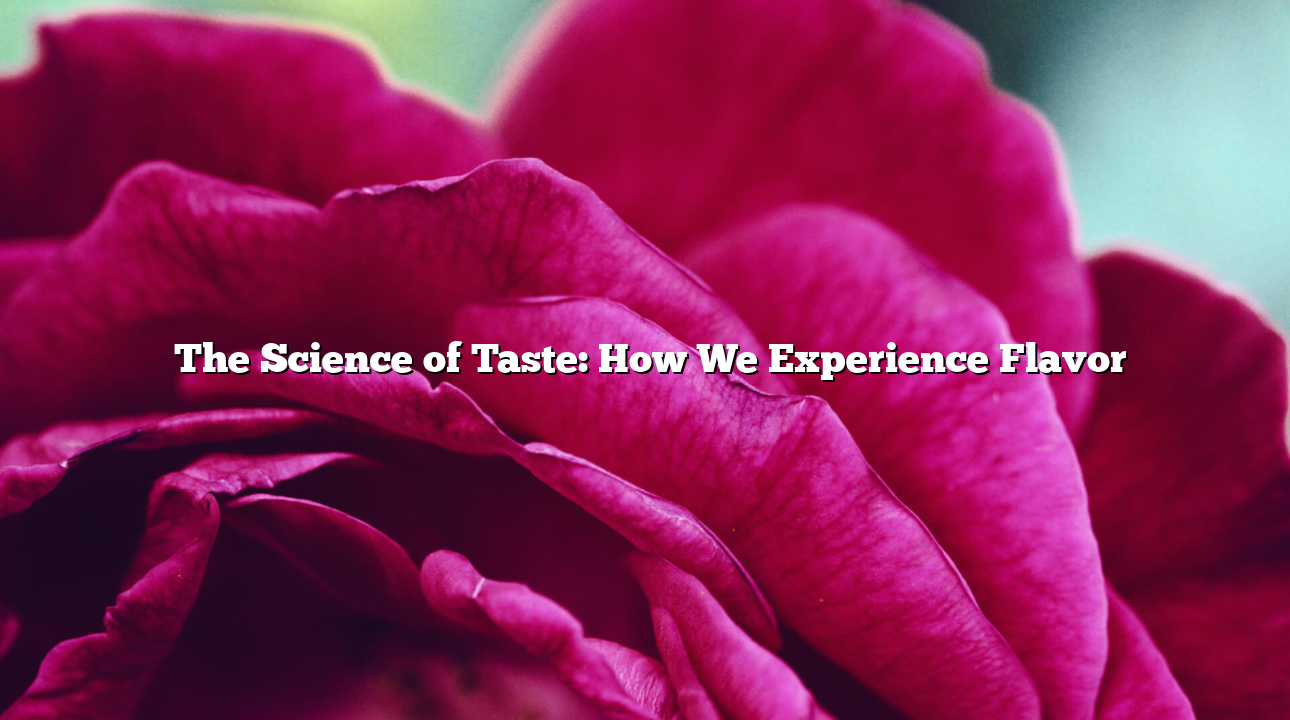
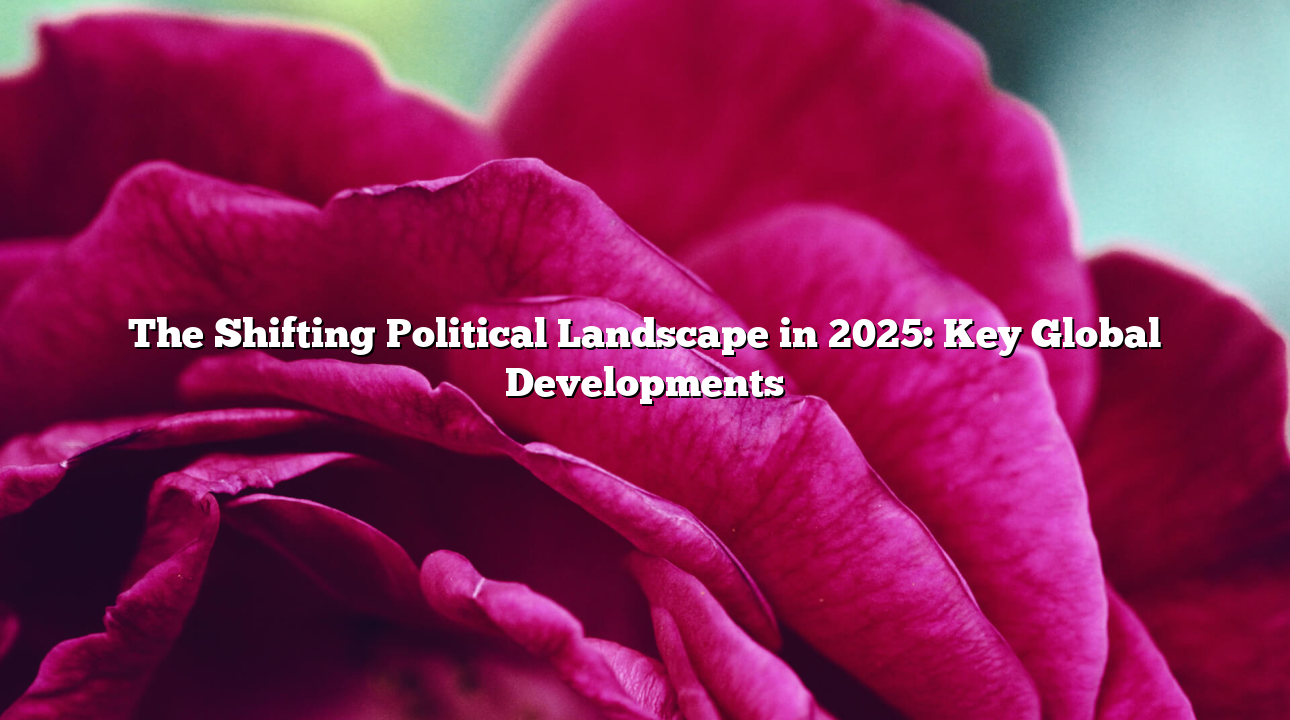

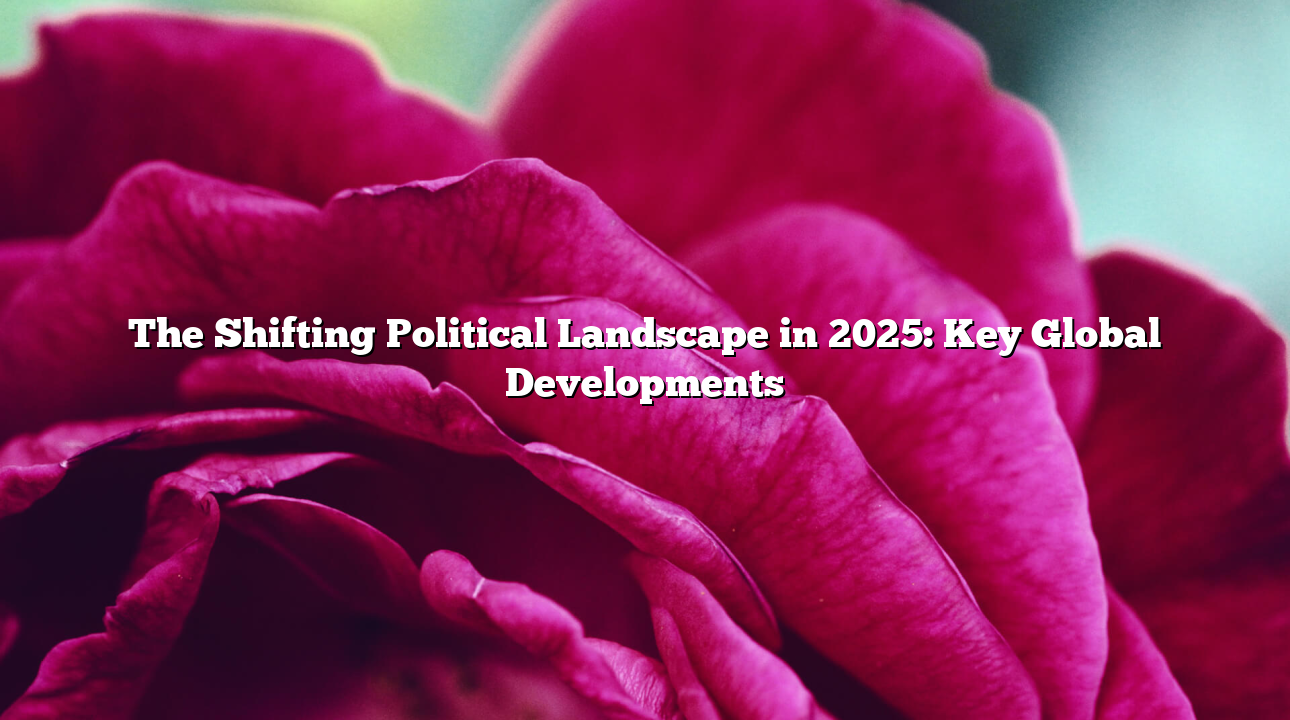
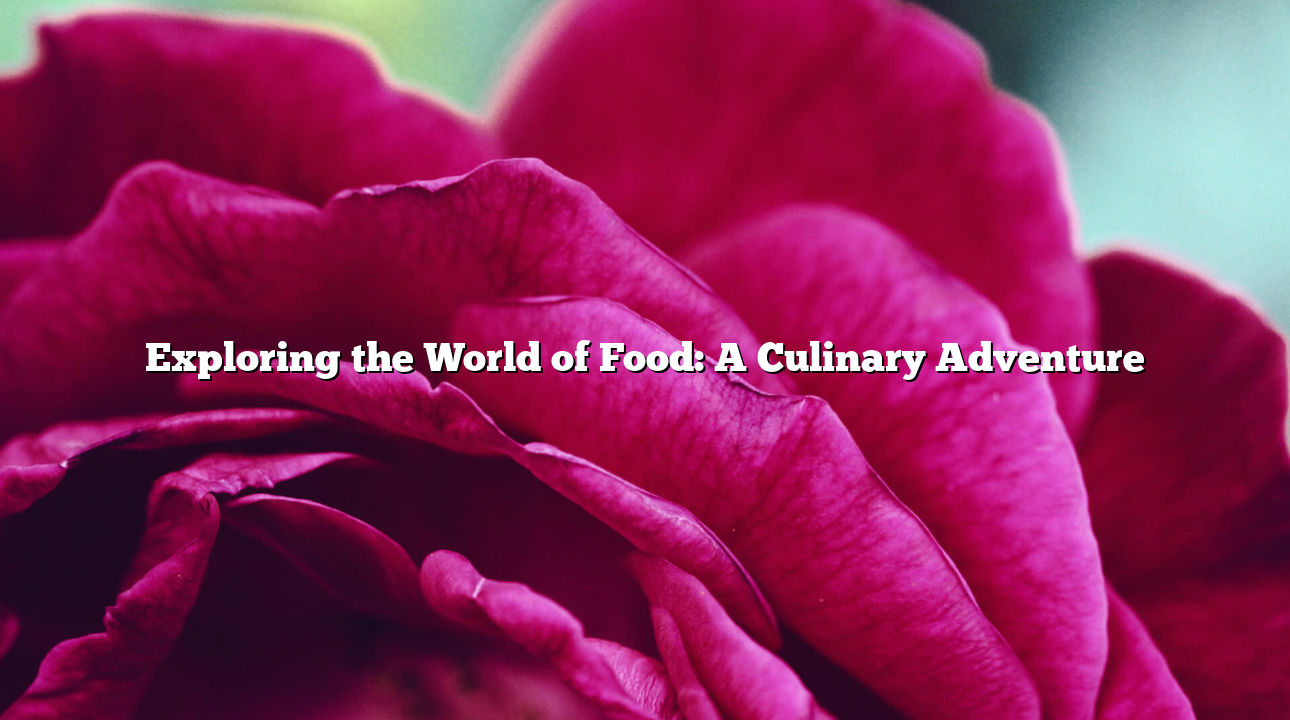
Leave a Reply